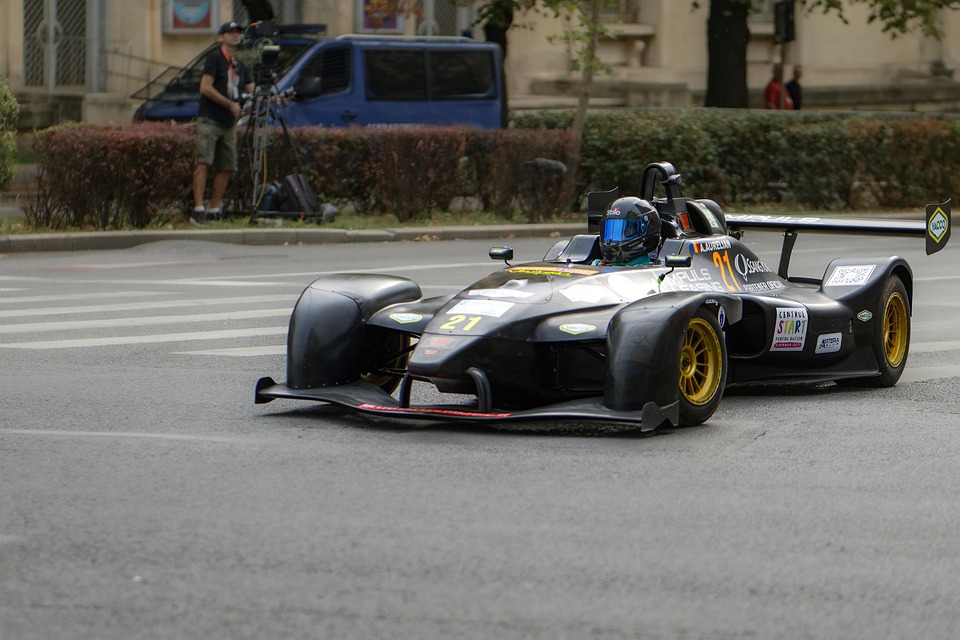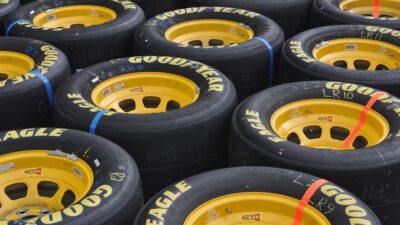Formula 1 is not just a sport; it’s a theater of speed, precision, and human emotion. At its core lie rivalries that have defined eras, fueled fan passion, and created some of the most memorable moments in motorsport history. From legendary adversaries battling for supremacy on the track to off-track conflicts that stir emotions, these rivalries have helped shape the very fabric of Formula 1. Let’s delve into some of the most significant rivalries that have left a lasting imprint on the sport.
1. Ayrton Senna vs. Alain Prost
Perhaps the most iconic rivalry in F1 history, the clash between Ayrton Senna and Alain Prost epitomized the high stakes and fierce competition of the late 1980s and early 1990s. Their contrasting styles — Senna’s aggressive, almost reckless driving versus Prost’s tactical, calculated approach — set the stage for dramatic showdowns. The infamous collision at the 1989 Japanese Grand Prix, which led to Prost winning the championship, and the 1990 reprise, where Senna retaliated in a spectacular crash, only intensified their enmity. This rivalry transcended the racetrack, delving deep into the psychological aspects of competition, making it a defining chapter in F1 lore.
2. James Hunt vs. Niki Lauda
The rivalry between British playboy James Hunt and Austrian precision-man Niki Lauda in the 1976 season captured the spirit of freedom and risk that characterized the sport in that era. Their contrasting personalities — Hunt’s flamboyance matching Lauda’s stoicism — created a captivating dynamic both on and off the track. Lauda’s near-fatal crash at the Nürburgring and his remarkable comeback to compete for the championship added a layer of drama, showcasing the sport’s inherent dangers and the resilience of its competitors. Their story was immortalized in the film "Rush," highlighting not just their rivalry, but also the profound respect they later developed for one another.
3. Michael Schumacher vs. Mika Häkkinen
The late 1990s and early 2000s saw the rise of Michael Schumacher, whose dominance was challenged by Mika Häkkinen. Their rivalry was marked by skillful wheel-to-wheel racing and strategic battles. Häkkinen won his first championship in 1998, showcasing his talent and resilience against Schumacher’s Ferrari. The 2000 season was pivotal, with Schumacher ultimately claiming the title, but Häkkinen’s return in 2001 kept the competition intense. This rivalry solidified Schumacher’s legacy while elevating Häkkinen to the status of a formidable competitor.
4. Fernando Alonso vs. Lewis Hamilton
The 2007 season saw the emergence of a fierce rivalry between rookie Lewis Hamilton and seasoned champion Fernando Alonso at McLaren. The battle between the young British driver and the established Spanish champion was marked by tension both on the track and within the team. The two athletes initially enjoyed mutual respect, but as the season progressed, their relationship soured, overshadowed by competition for supremacy. Hamilton finished the season with the same points as Alonso, but the fracture within the team helped define their careers, consolidating Hamilton’s reputation as a future star while altering Alonso’s trajectory.
5. Sebastian Vettel vs. Lewis Hamilton
The rivalry between Sebastian Vettel and Lewis Hamilton came to the forefront in the 2017 and 2018 seasons when both drivers were at their respective teams, Ferrari and Mercedes. This era was marked by thrilling races and critical mistakes, with Vettel losing out on both championships despite leading for significant portions of the seasons. Their fierce competition highlighted the pressures of championship battles and the mental fortitude required in the pursuit of success. Hamilton’s eventual triumph reaffirmed his status as one of the sport’s greats and underscored the influence of mental resilience in racing.
6. Max Verstappen vs. Lewis Hamilton
As of the early 2020s, the rivalry between Max Verstappen and Lewis Hamilton has ushered in a new chapter in F1 history. The dramatic clashes during the 2021 season culminated in a controversial title race at the Abu Dhabi Grand Prix, igniting fierce debate among fans and pundits alike. The intensity of their competition, fueled by differing philosophies and team dynamics, continues to shape the current landscape of Formula 1. This rivalry reflects the evolution of the sport as it embraces new technologies and strategies, setting the stage for future generations of drivers.
Conclusion
Rivalries in Formula 1 are more than mere competition; they encapsulate the spirit of the sport, showcasing the passion, tension, and brilliance of the athletes. Each clash, whether borne out of rivalry or respect, adds layers to the narrative of F1, keeping fans enthralled and pushing drivers to their limits. As the sport continues to evolve, new rivalries will undoubtedly emerge, promising to deliver the same gripping drama that has captivated audiences for decades. In the world of Formula 1, where milliseconds can define a champion, the legacies of these rivalries will always be remembered.



